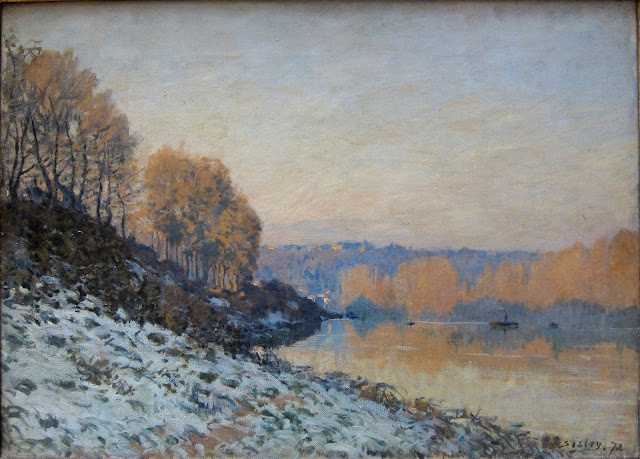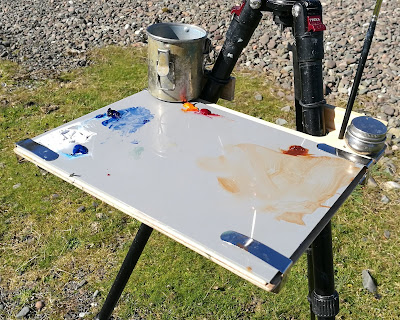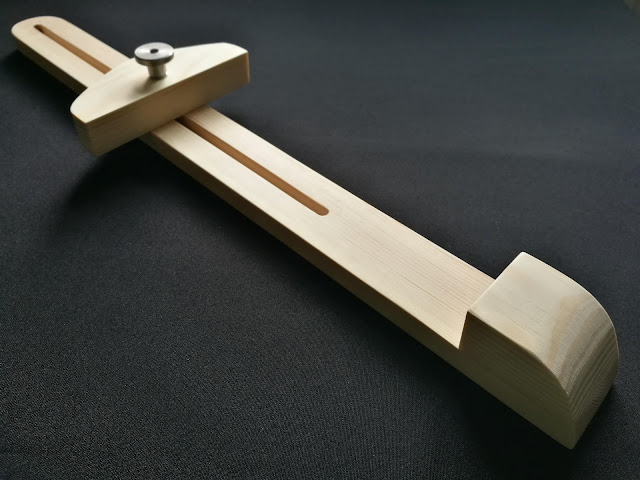Port-Marly, White Frost (1872) by Alfred Sisley (1839-1899)
Spotlighting great examples of plein air art
____________
Here is a painting by one of the principle founders of impressionism and the most dedicated plein air painter of his time, Alfred Sisley (1839-1899). Let's take a mindful moment to enjoy it shall we. I say 'mindful' because whenever I view a painting by Sisley, I find myself slipping into the sort of meditative state I usually experience when out for a country stroll.
We could take the path that splits the frost-static grass. Perhaps Sisley had just walked it, labouring under the weight of his easel and paints, his weathered boots crunching upon the frozen earth. He walked a lot of miles beside rivers, did Sisley; The Oise, The Liong, The Thames, and here, The Seine. He painted the water sparkling in sunlight, brooding under pregnant clouds, and even when it had breached the bankside and crept right up to doorsteps. Here though, the water is calm, reflective. You see? we are in meditation!
Perhaps Sisley stopped here to catch his breath. He might have glanced back and saw this, or the potential, once the sun had reached the opposite bank. By the time Sisley had set-up his easel, sketched a few compositional ideas on paper, and picked a canvas from the handful he'd brought with him, the golden sunlight had reached the middle ground and set fire to it. On closer inspection, those flames are trees, and hardly that! An impression only, of heavily tinted yellow ochre shapes with soft edges. At their base, that wonderful shadow of the nearside bank. Its undulating edge makes the flaming trees dance as they rise up to that blazing sky. The wonder of paint and what can be done with it, even with the most economical of brushstrokes, the simplest of forms, and such restraint in colour. If you are Alfred Sisley, it is enough to set the canvas ablaze.
Let's return, shall we, to that frozen bank where we started. See if Sisely is still there. Perhaps we'll be in time to get a glimpse of the finished painting before he puts it away and moves on.
 |
| Alex |



Comments
Post a Comment